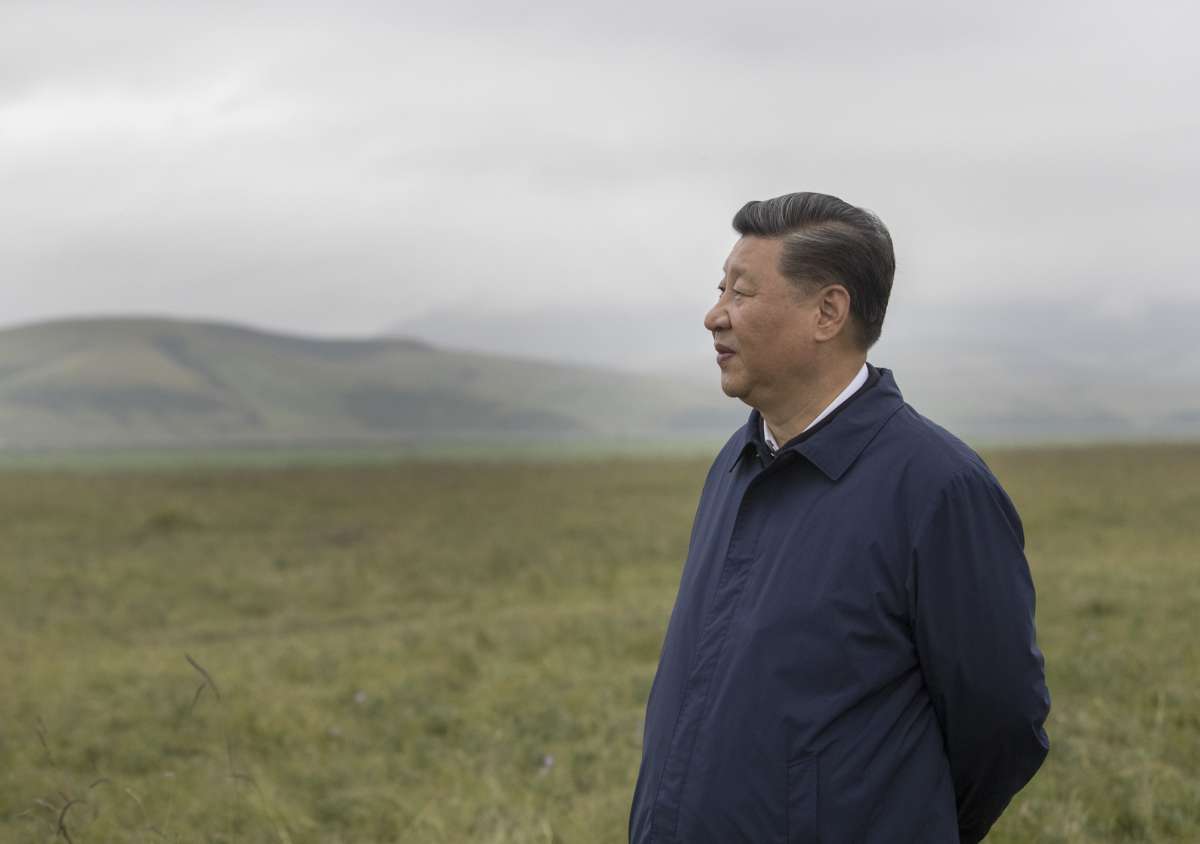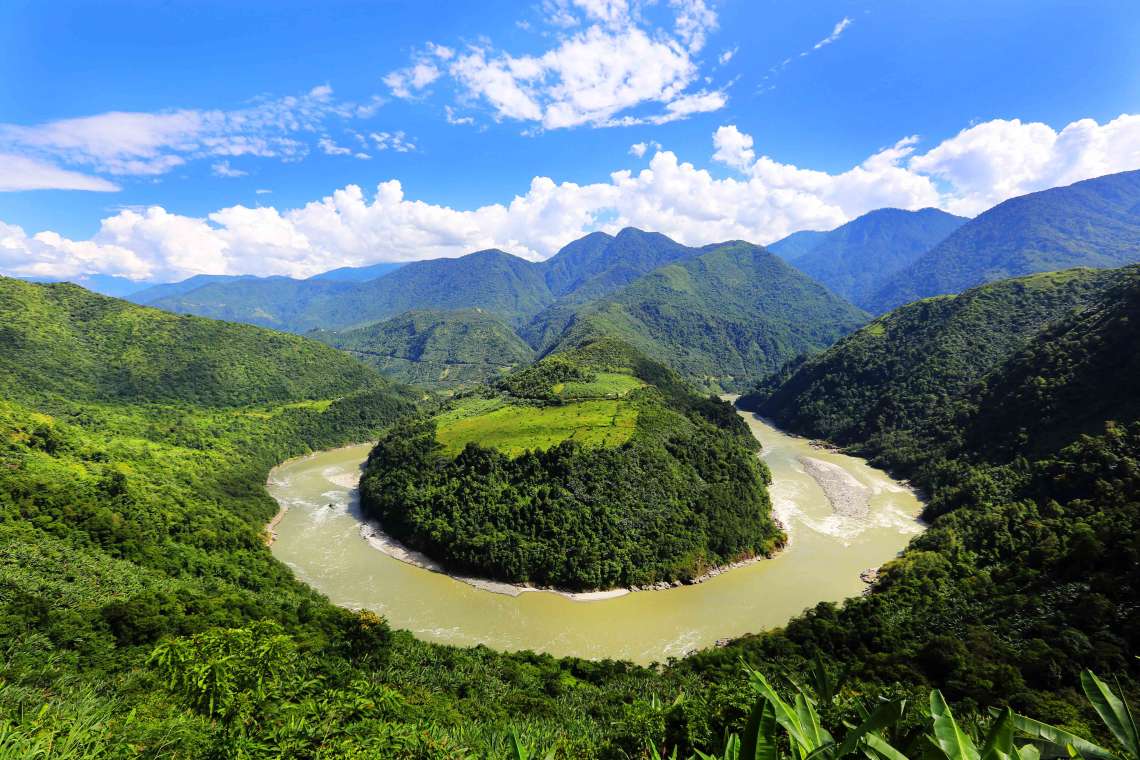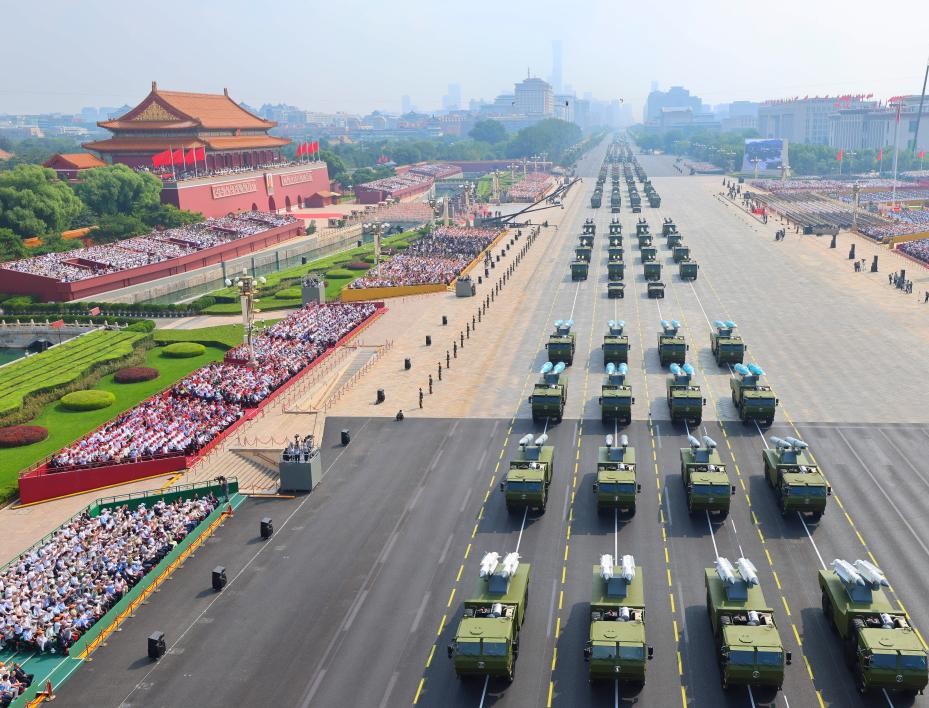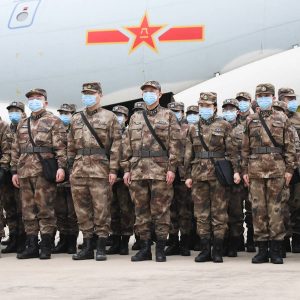Contemporary China under Xi Jinping faces numerous domestic and international challenges. The lack of solutions to these issues has led Xi to adopt a hawkish approach towards neighbouring countries, hoping to stir nationalist sentiments among Chinese citizens….reports Asian Lite News
Xi Jinping assumed the presidency of China in March 2013, succeeding Hu Jintao as the primary leader of both the Communist Party of China (CPC) and the People’s Republic of China.
Over the subsequent 12 years, Xi has navigated China through a tumultuous period, significantly altering the global perception of the nation.
Although China is an authoritarian state, it had established mechanisms to prevent the concentration of unchecked power in a single individual, a response to the challenges encountered under Mao Zedong’s leadership. These mechanisms included a maximum two-term limit for presidents and a system of checks and balances within the Party’s upper echelons.
Presidents would typically begin grooming their successors as their terms concluded.
However, these practices have been consistently ignored in Xi Jinping’s case. He amended the party’s constitution to extend his tenure beyond two terms, appointed loyalists to key positions and emerged as the most powerful leader in Communist Chinese history (even Mao faced resistance from civil war-era military generals). Reflecting on these developments, it is crucial to consider how Xi Jinping’s decade-long rule has impacted China.
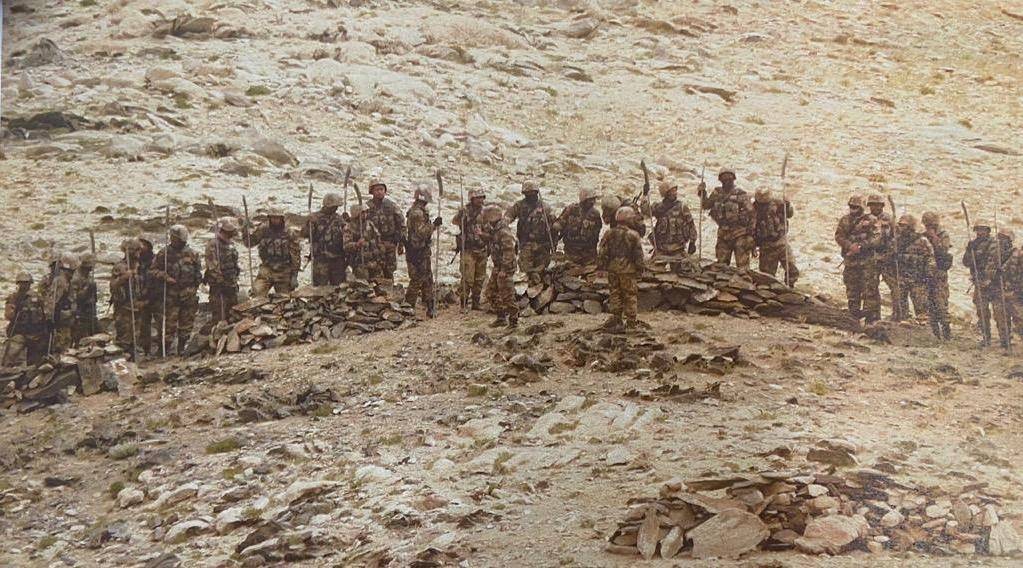
The starting of failures
When Xi Jinping assumed the role of General Secretary of the Communist Party of China and President of the country, it was during the period of China’s ‘peaceful rise’; that the nation was thriving economically and emerging as a global manufacturing hub.
Liberal internationalists believed that as market forces penetrated China, democracy would inevitably follow. However, a realist perspective of international relations ultimately prevailed.
The China that Xi Jinping inherited was flourishing and becoming a constructive global force.
Upon taking office, he began to use this development and the rise of China as instruments for asserting dominance.
The Belt and Road Initiative (BRI) serves as a prime example; it was China’s first major international infrastructural project, launched in 2013 to establish a multimodal network of infrastructure projects across various countries.
A decade later, the BRI has not evolved into a cohesive, concrete initiative. The world’s largest economies have opted out of participating in the BRI.
Low- and middle-income countries that initially joined the initiative began complaining about the debt trap, where high interest rates imposed by Chinese banks forced many countries to cede control of projects to China.
The Hambantota port project in Sri Lanka is the most prominent example of this debt trap.
Additionally, the BRI did not materialise into a multimodal network but rather remained a means for China to establish influence over individual countries.
The failures of the BRI also affected China’s domestic political landscape.
The BRI was closely tied to Xi Jinping’s paramount “Chinese Dream of National Rejuvenation” project. This initiative aimed to revitalise the Chinese economy, which had been decelerating since the global financial crisis. Under Xi’s leadership, the Chinese economic miracle that began during Deng Xiaoping’s era began to slow down. X’s domestic and foreign policies are primarily responsible for this downturn.
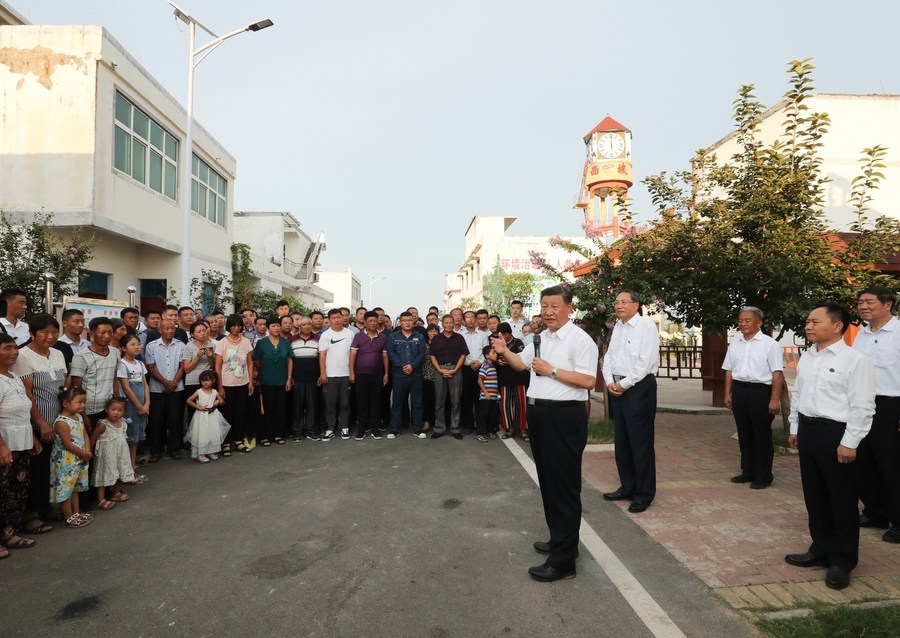
Series of policy mishaps
Xi Jinping and his loyalists, who secured positions within the inner circles of the CPC following Xi’s anti-corruption purge of numerous party officials, are held responsible for several policy failures.
Among the most notable are the rising tensions with neighbouring countries such as India, Vietnam, and the Philippines, with China being accused of aggressive actions along their borders.
Additionally, China engaged in direct confrontations and diplomatic coercion with various states, including Australia and smaller European nations, where its ‘wolf warrior diplomacy’ harmed its carefully cultivated long-term relationships.
It is widely known that China has unresolved disputes with annexed peripheral regions, including Tibet, Xinjiang, and Hong Kong.
Over the past decade, following Xi Jinping’s unprecedented security crackdowns, these borders have been tightly controlled. As a result, an estimated one million minority Muslim Uyghurs were detained in camps in Xinjiang, and in Hong Kong, Beijing enacted a sweeping national security law in response to significant anti-government protests in 2019.
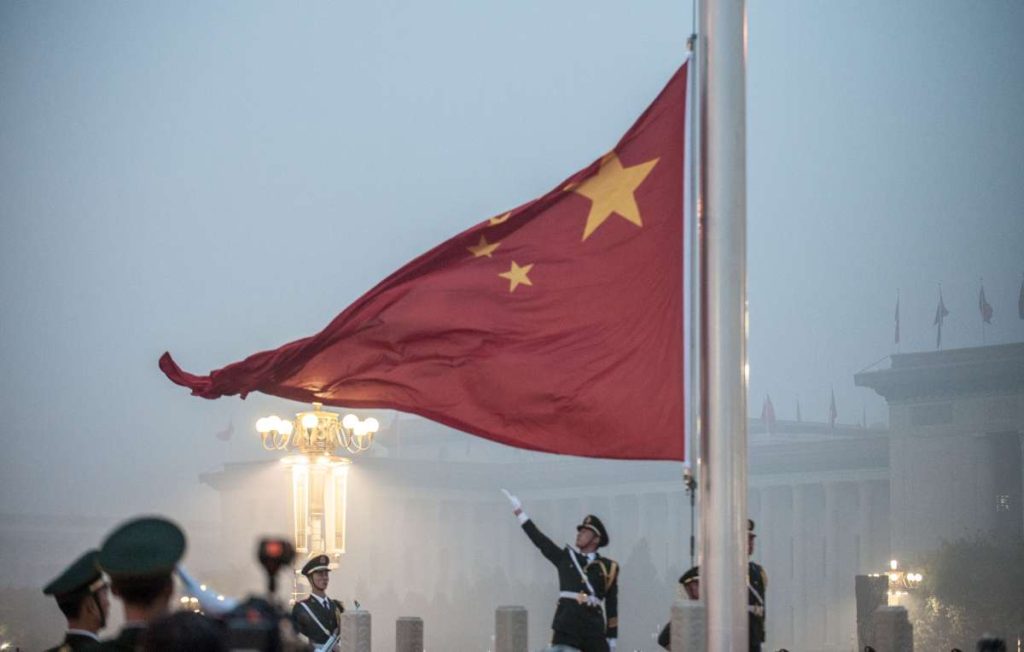
Xi has also significantly increased the public security budget for Tibet from nearly 160 million Yuan to more than 300 million Yuan over the last 10 years.
Taiwan, an independent democratic island with security ties to the US, has long been a target for China’s ‘reunification’ ambitions.
Recently, China has become more aggressive along Taiwan’s border.
According to a report by Taiwan’s Ministry of National Defence, Chinese air incursions have surged, with the number of People’s Liberation Army (PLA) aircraft entering Taiwan’s air defence zone daily, increasing from around 15 in 2021 to around 70 in April 2023.
On the economic front, China’s economy has continually slowed since Xi Jinping assumed office. Since his tenure began, there has been an increasing crackdown on the private sector.
Chinese capitalism is predominantly state-run, raising security concerns in many countries.
The purge of prominent industrialists, such as Jack Ma, has created significant challenges for Chinese entrepreneurs and wealth creators.
China remains one of the most unequal countries in the world.
The economic slowdown since the Covid-19 lockdown has also led to increased unemployment, alongside a persistent decline in private sector investment and consumer confidence in the Chinese economy during Xi’s reign.
In conclusion, contemporary China under Xi Jinping faces numerous domestic and international challenges. The lack of solutions to these issues has led Xi to adopt a hawkish approach towards neighbouring countries, hoping to stir nationalist sentiments among Chinese citizens.
While this strategy may be effective in the short term, in the long run, more than one billion people will demand answers from Xi Jinping. Ultimately, history is likely to judge him with a degree of scepticism.
ALSO READ: Rising calls for recognition of 1971 Bangladesh genocide


